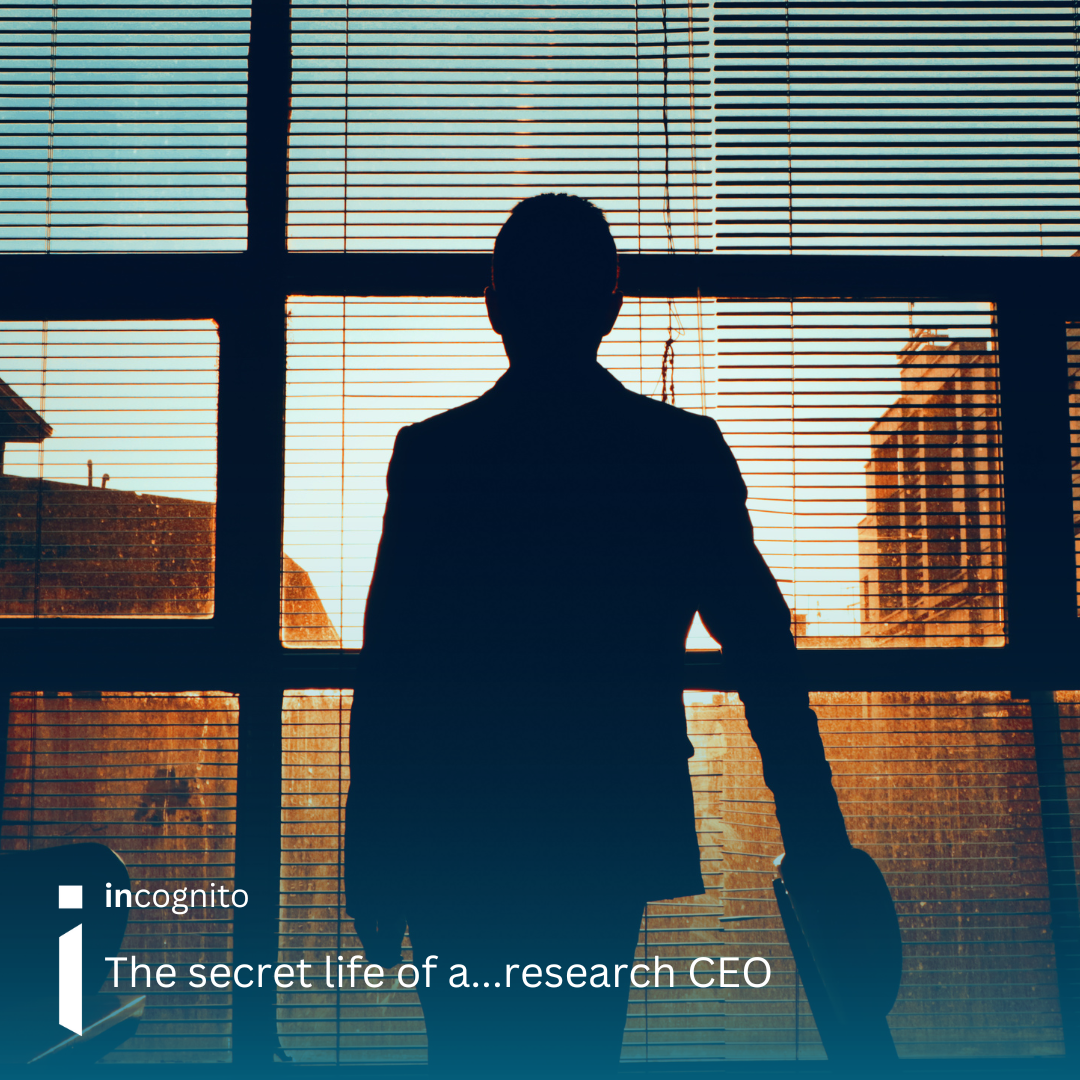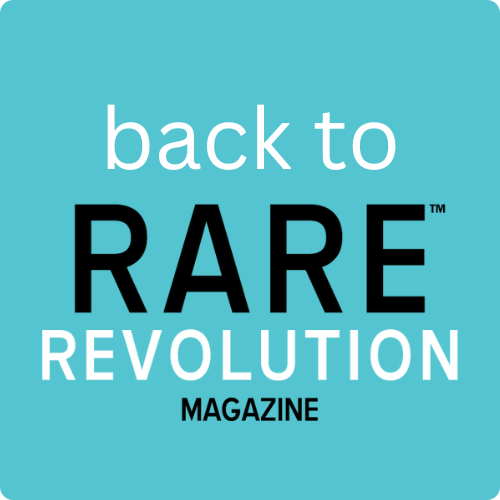incognito: the secret life of a…research CEO
The RARE dare: connecting with the rare disease community for powerful feedback and insights and beware of the pretenders
Estimated reading time: 5 minutes

“For decades I’ve been involved in learning what people think and why and how that influences their behaviour. People’s insights are often surprisingly illuminating and can help provide direction for companies developing new products. We’ve facilitated this through building a community and conducting market research—by having conversations and interviews. For nearly three decade I’ve applied that approach to the field of healthcare, particularly patients, and even more specifically, rare patients and their caregivers.”
What is front of mind in your business currently?
Fighting fraud has become an increasingly important issue in research, particularly over the past few years, along with the advent of bots, AI, and click farms. I’m also sorry to say that there are people in this world who will pretend to have a serious disease in order to take part in surveys and receive compensation. We have always done our best to ferret out these pretenders, by meeting patients in person, working with referral partners such as patient advocacy and support groups, and carefully vetting new sign-ups one by one, manually, and calling them as necessary. But fraudsters remain on the attack, so we need to be ever more vigilant. It’s a shame that patients would do anything not to have their rare disease, and others want to pretend they have one.
What are the greatest challenges you face as a CEO, what are your pain points and barriers to overcome?
People often look at companies and assume they are awash with money! They may not realise, for every dollar, pound or euro coming in, there are a great many going out to pay for salaries, honoraria, infrastructure, etc. And just as important as the amount of money coming in and going out is the timing of both—this is the perennial challenge of cash flow. We may have money scheduled to come in, but clients may pay more slowly than we would like, and for such events we need to have a line of credit from our bank to make sure we can make our payments—which we do as quickly as possible.
Another challenge is how to grow a business. Why grow? It’s a more complicated question than it may appear. We want to grow so that more patients can take advantage of opportunities to share their experiences and opinions through taking part in research, so that more companies can listen to their voices. We also always want to be able to provide our employees with more opportunities to learn, spread their wings, and progress in their careers. So, we must look at ways to do this that also make sense for the company fiscally.
Are there more countries where we can offer our services?
Are there opportunities to recruit patients in those countries?
Are there areas of research in addition to surveys and interviews, such as clinical trials, where we can expand?
Are there ways we can find more patients to fill more requests?
These are always areas we need to explore.
What are the greatest opportunities yet to be realised or on the horizon for your business?
With over 1,500 diseases and conditions being covered now, our biggest opportunity is in continuing to find patients and family caregivers who are interested in participating, in sharing their opinions to drive research. Right now, we have over 180,000 patients and family caregivers in our community and that number as the potential to grow exponentially.
If you could create overnight change, what would it be?
This is not change that I could create, but that would be incredibly beneficial to all companies, especially small ones. As a business owner, the change I’d love to see would be if everyone would paid their bills on time!
In addition, as a participant in the world of rare disease, asking for a cure for all rare diseases might be a little too simple and possibly ambitious an ask, so I would instead ask that we work to raise awareness of each rare disease. Rare Disease Day is a good example of a successful global campaign that does a lot to help raise awareness about rare disease in general each year. Greater public awareness is the first step to getting researchers interested in searching for a treatment or even a cure.
What is the next ‘go-to’ event in your diary and why?
I love to go to various conferences—disease-specific patient conferences, general rare disease events, and market research conferences. You learn so much by engaging with others! I’m looking forward to a healthcare market research conference called Ignite: Healthcare in Philadelphia in June, organised by the Insights Association. My colleague is involved in planning this first-time event and several of my colleagues will join us at the event. It is sure to be a great meeting of the minds!
incognito provides a candid look behind corporate closed doors in the RARE disease world.
To access more incognito articles click below.

